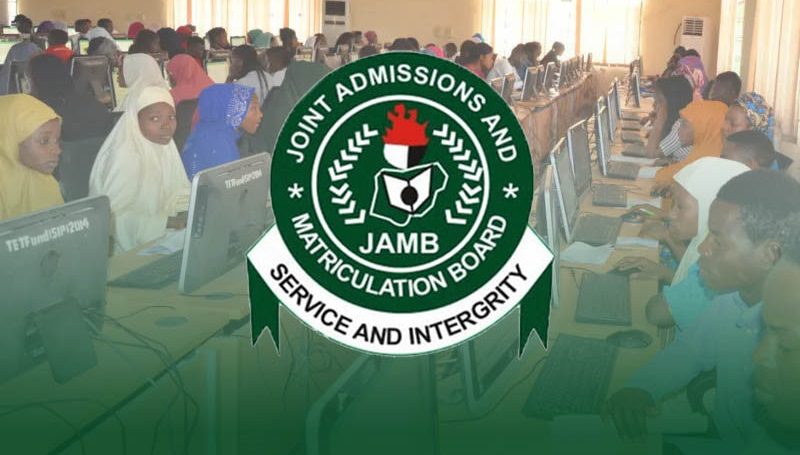The recently released results of the 2025 Unified Tertiary Matriculation Examination (UTME) by the Joint Admissions and Matriculation Board (JAMB) have sparked a wave of mixed reactions across the country.
While some Nigerians have praised JAMB for its transparent and technology-driven approach to administering the exam, others—particularly disappointed candidates and their parents—have rejected the outcome, calling for a review. Many took to social media with the hashtag #ThisIsNotMyResult to protest what they believe to be discrepancies in their scores.
According to official statistics, of the 1,955,069 candidates who sat for the examination, only 420,415 scored above 200—marking a significant drop in performance. This means that over 1.5 million candidates scored below the 200-point benchmark, which is often the minimum cut-off for admission into several public universities in Nigeria.
Further analysis revealed that 75% of candidates scored below 200, while less than 1% managed to surpass the 300 mark.
Dr. Solomon Udah, Executive Director of the Education Rights Initiative (ERI), defended JAMB’s performance, emphasizing the board’s consistent innovation in curbing exam malpractice through the use of technology. He noted that JAMB’s role is limited to conducting entrance exams and not preparing candidates for them.
“JAMB cannot be blamed for the high failure rates,” Udah stated. “Many candidates are ill-prepared due to systemic issues within the education sector, including inadequate teaching staff, poor infrastructure, and unrealistic expectations fueled by the belief that cheating will always be possible.”
Echoing this sentiment, Minister of Education, Dr. Olatunji Alausa, argued that the disappointing results actually reflect the integrity of the examination process. He attributed the low scores to the elimination of cheating and other fraudulent practices, made possible by JAMB’s robust computer-based testing system.
“This is a wake-up call,” the minister added. “It shows the exam was conducted properly, and the results are genuine. Unfortunately, we can’t say the same for other examination bodies like WAEC and NECO.”
Despite these justifications, several parents and students continue to dispute the accuracy of their scores. One candidate who scored 162 and applied to study Economics at the University of Abuja said he plans to request a re-mark, claiming the result does not reflect his true performance.
At a press conference announcing the results, JAMB Registrar, Prof. Is-haq Oloyede, stated that the 2025 results align with performance trends observed in previous years. For instance, in 2024, 76% of UTME candidates scored below 200. In 2022, 78% scored under the threshold, and in 2021, only 803 candidates (just 0.06%) scored above 300.
Meanwhile, former Anambra State Governor and Labour Party presidential candidate in the 2023 elections, Peter Obi, linked the poor performance to the country’s failing education system, calling for urgent reforms.
In response to concerns, JAMB’s Public Communication Advisor, Dr. Fabian Benjamin, reaffirmed the integrity of the released results.
“For us, each score reflects the candidate’s actual performance,” he said. “Sometimes, students who appear brilliant may underperform due to overconfidence or other factors. The exam is the most objective test of ability.”
As debates continue, the 2025 UTME results have once again drawn attention to the broader challenges in Nigeria’s education sector—highlighting the need for not just credible exams, but comprehensive systemic reform.





